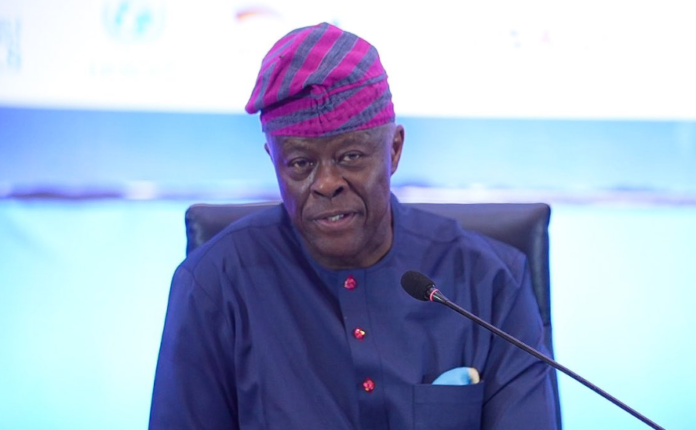The Federal Government has outlined a strategy to increase domestic agricultural production and strengthen food security, according to Finance Minister Wale Edun.
Speaking at a press conference in Abuja on Thursday as part of the country’s 64th Independence Day celebrations, Edun declared an end to heavy food importation, positioning self-sufficiency as a key goal in the government’s economic recovery plan.
“We should not be importing food,” Edun emphasized, stressing the government’s commitment to support small-scale farmers with critical inputs like seeds and fertilizers through schemes such as the Nigerian Agricultural Growth Scheme.
To stabilize the food market, Edun revealed that maize and wheat imports have been ordered as a short-term measure, but he insisted that domestic production must not be disrupted by an influx of imports.
The initiative will focus on enhancing both wet and dry season harvests to boost productivity in the long term, reducing reliance on imports. The strategy aims to make Nigeria self-sufficient in food production, a crucial step in reducing inflation.
Central Bank of Nigeria data showed that the country spent N903.95 billion on food imports in the first quarter of 2024. As of August, Nigeria’s inflation rate stood at 32.15 percent, putting pressure on the cost of living.
Edun concluded by reaffirming the government’s goal to balance immediate market needs with the long-term vision of sustaining local agricultural production.








